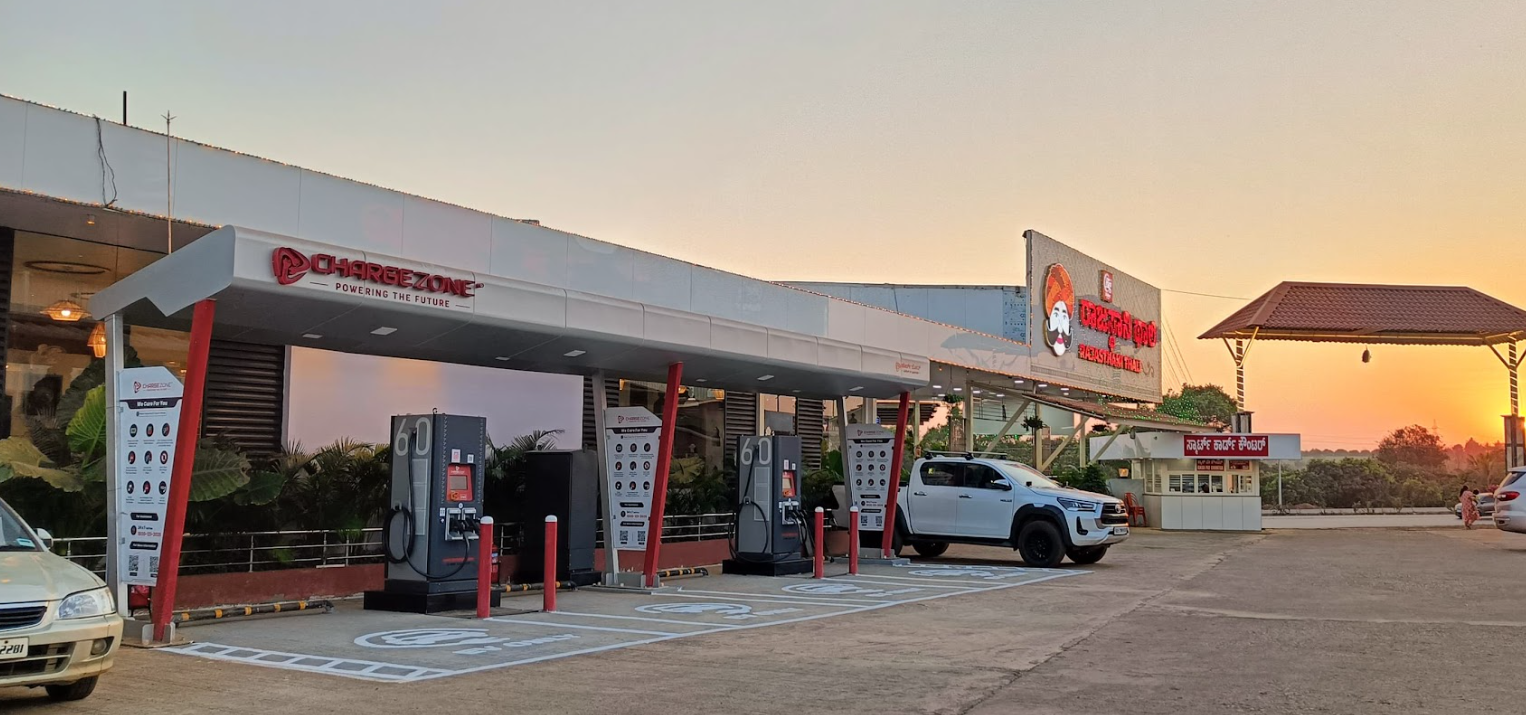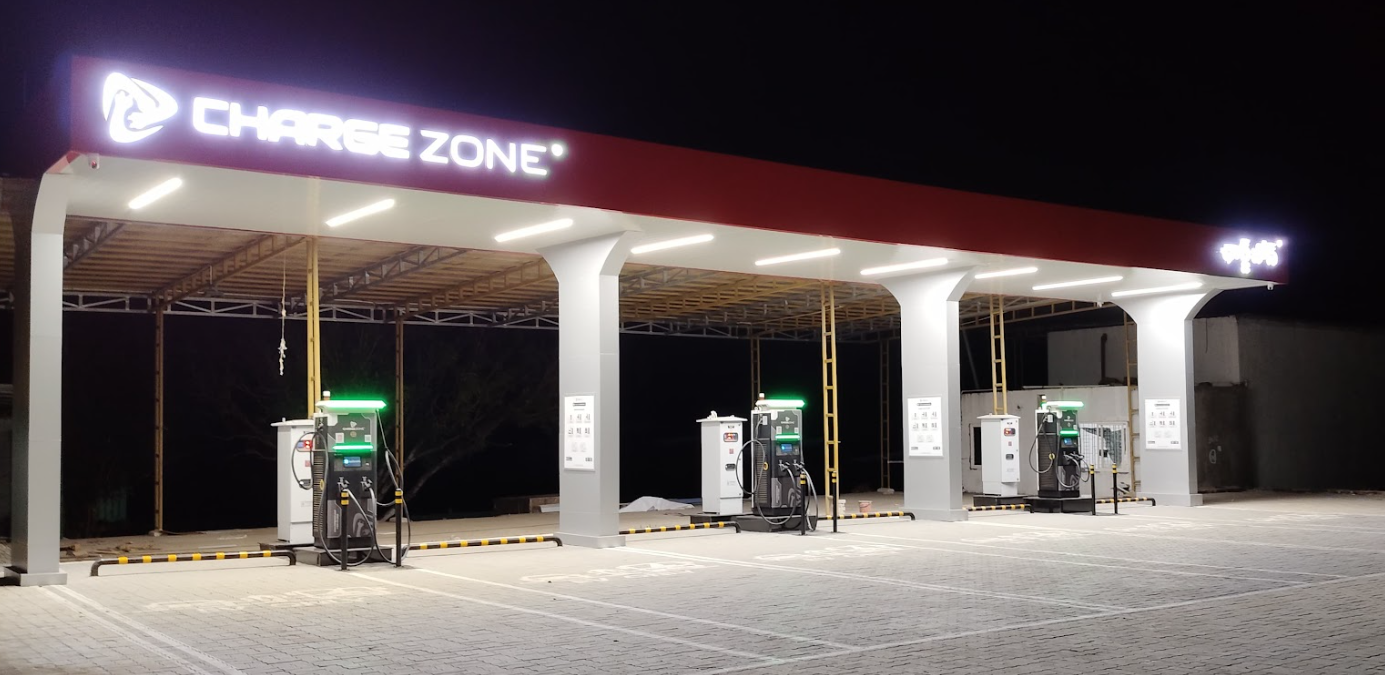
- About
- Station Finder
- Products
Products
- Franchise
- Partners
- ChargeClub
- Media Center
- Dealership
Setup Your Own Charging Station (DOCO)
- Careers
When it comes to setting up an EV charging station, location is everything. It’s not just about installing chargers where vehicles pass by but about understanding data, accessibility, and user convenience to maximize uptime and usage.
EV adoption in India is accelerating, but uneven EV charger infrastructure planning continues to be a challenge. According to the Ministry of Power and NITI Aayog, India has installed over 12,000 public EV charging stations, with the highest concentration in metro areas (Source). However, highways and Tier 2 cities often remain underserved.
Data shows that charging stations located near high-traffic corridors, rest stops, and retail clusters see up to three times higher utilization than those that are poorly placed (Source). This is why strategic EV charging station location planning is essential for long-term network success.

Many assume that the EV charging stations cost depends only on hardware and installation, but a large portion comes from site preparation, grid connectivity, and infrastructure setup. (Source)
A well-located site, however, balances this investment. For instance, the EV charging station cost per charge in India ranges between ₹12 and ₹25 depending on the type of charger and power tariff (Source). Stations along highways or near commercial hubs can recover setup costs faster due to higher daily utilization.
How Data Shapes Infrastructure Decisions
Modern EV networks use predictive modeling and traffic analytics to plan high-performance charging corridors. As reported by Autocar Professional, ChargeZone has deployed over 286 highway charging stations by mapping long-distance travel routes and analyzing rest-stop behaviors (Source).
The EV charging station apps in India have begun to integrate real-time data to show availability, power output, and estimated charging time, giving users confidence before they begin a trip (Source). This digital feedback loop ensures stations are built where drivers need them most.

An ideal strategy for EV charger infrastructure planning combines data, site research, and experience. Each station is placed within a calculated 80 to 120 km radius, ensuring uninterrupted EV travel across key routes. As reported by Business Standard, ChargeZone operates more than 1,500 charging points across 37 cities, connecting major corridors through its intelligent network design (Source).
By focusing on infrastructure reliability and user convenience, EV charging companies are shaping the backbone of India’s EV ecosystem.
In EV infrastructure, location is not just a matter of geography. It is a science. The most successful networks will be those that use data and insight to select sites with purpose. As India moves toward cleaner and smarter mobility, ChargeZone continues to lead the way with reliable, well-placed, and future-ready charging solutions.